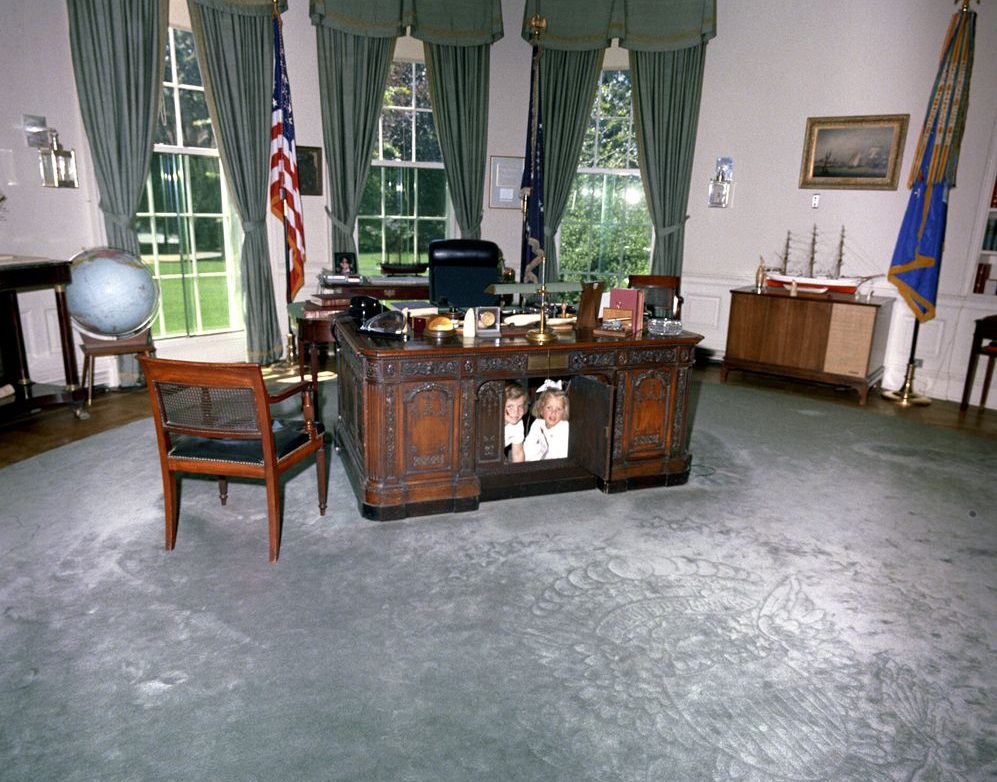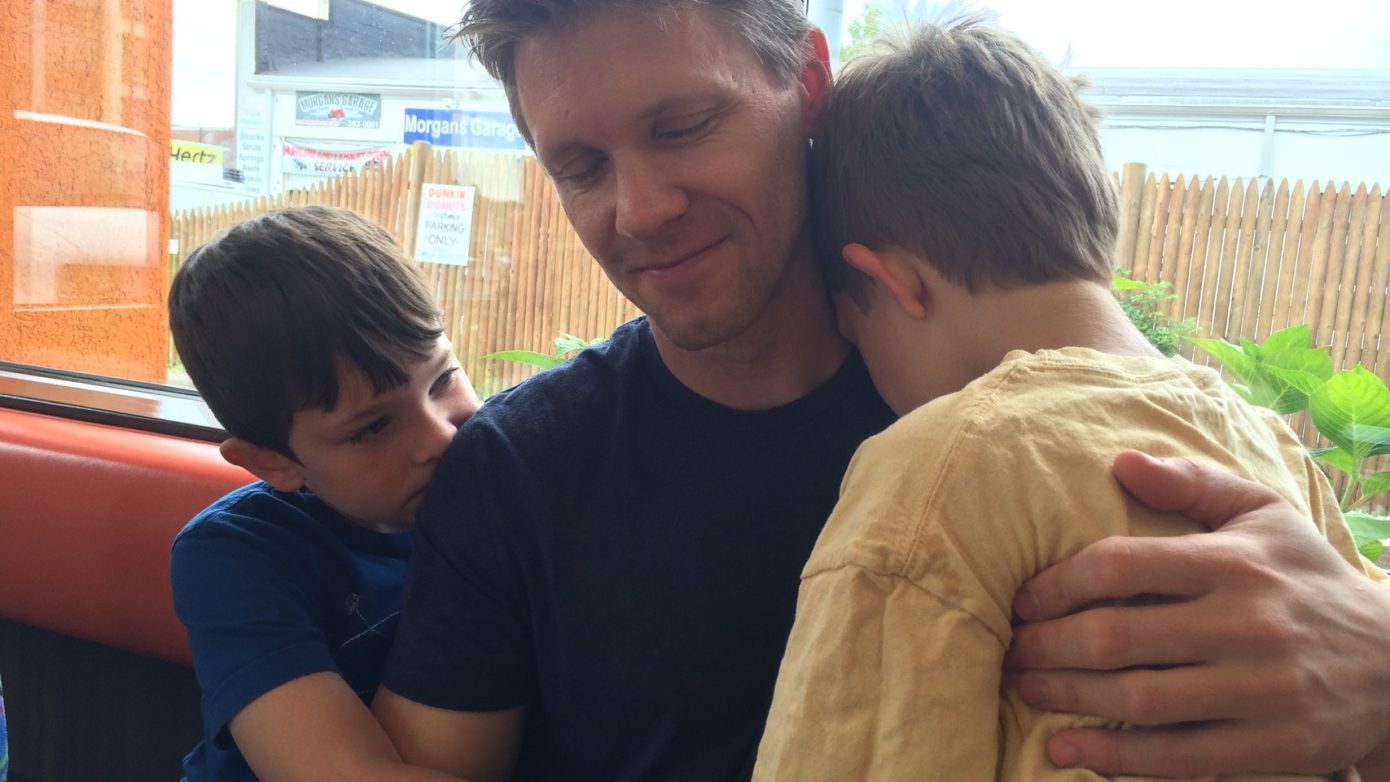We all go through our daily struggles. For some, it’s a ritual, something they enjoy and count on the unaltered solidity of the habits they’ve formed. While for others it’s a routine, a cycle that they have been thrown into by the circumstances of life, a pattern they are displeased with but stuck in none-the-less, cognoscente that a lot of other people have it worse than they do. Some of us have a complete lack of routine, be it by choice or simply because our daily life or job doesn’t allow for a regular routine.
Regardless of how your daily routine normally goes, you do it because it gives you a purpose, a reason to get up every morning and continue to be a part of society or simply be a part of someone’s life. It is the naked truth of humanity and one of our defining characteristics; we need a reason to be here. Sadly, it is when someone either feels they have outgrown their reason or their “reason to be” does not fit the purpose they feel that they were put here for, that drives people into depression, hopelessness, or worse.
So many times, I have sat the train here in the Boston area and I could not help but look around at all my fellow Bostonians, making their way here and there. Some of them have a light in their eye and a clear reason for their daily grind. A man reading the Wall Street Journal preparing for his day at his investment company, a woman working on her presentation that she needs to give later today and a slew of people trying to find a way to relax – reading a book, a newspaper, or playing a game on their phone, iPad or kindle.
Once in a while you see someone with that empty look, the look of someone who has reached the end of what they feel is their purpose, especially in much of the elderly. Or walking along the street, you see a man or woman huddled up in one of those recycled blankets along the side of a building with a used coffee cup sitting in front of them. The look of hope gone, no longer even living, simply – existing, consuming air, water, and sometimes food. I look at them and I want to comfort them, give them a purpose and a reason to keep going. Unfortunately, it is something that cannot easily be done.
 A Purpose for our older family members and friends
A Purpose for our older family members and friends
In many cultures the older family members are still a strong part of home life, however – here in America, when it comes to our older adults I think we are missing a critical piece of our societal puzzle. So many older adults are dismissed, thrown into a home, or ignored. Historically, the older adults always lived in the family home and took care of the kids while the middle-aged children worked. They told stories and passed on the history of the family. With the division of families and people being spread over great distances it has made it much harder for them to offer their traditional contribution. What some people might not consider though is that the internet provides a means for the elderly to maintain this glue, they just need to be taught how to do so. How to do something as simple as writing an email or passing on pictures.
Connecting in COVID times
Take this a step further and we can see how easy it is to dismiss one another or feel even more disconnected in a time when most of us are required to stay at home, social distance, or telework. Don’t forget that our aging family members are all still out there, desperately wanting to connect with us and often living by themselves or with no other companionship than their pet. It is critical, now more than ever before to connect – Zoom, call, and visit safely when possible. Some day, you will be the one sitting around, hoping that someone comes and spends time with you. You’ll have stories to tell and life experiences to dispense and you will be yearning for someone, anyone, to just listen to you and spend time with you.
Show those in your life how much they count and reach out to those that might not have anyone else in their lives. Because they may be going through something and need you and you won’t even know until it’s too late unless you talk to them now.





 Her white hair flowed down and around the edges of her face, framing it in ethereal beauty. Her flawless skin made her appear twenty years younger, despite the wrinkles around her eyes and mouth. When she smiled, the lines disappeared, and the room was filled with light.
Her white hair flowed down and around the edges of her face, framing it in ethereal beauty. Her flawless skin made her appear twenty years younger, despite the wrinkles around her eyes and mouth. When she smiled, the lines disappeared, and the room was filled with light.
 For those of you who do not know, I have two children of my own, and I can say without thinking about it, I would kill to protect them. When I am gone from this world, all that will remain of me will be the words I leave behind and my children. Although I hope my writing endures, my children are paramount in all that I do, see, breathe and speak.
For those of you who do not know, I have two children of my own, and I can say without thinking about it, I would kill to protect them. When I am gone from this world, all that will remain of me will be the words I leave behind and my children. Although I hope my writing endures, my children are paramount in all that I do, see, breathe and speak. We live in an age of over-stimulation, an age of instant information, social media and media overload. These access points are constantly trying to change our perspective on the world around us. Worse, they are trying to change the perspective of our children, parents be damned.
We live in an age of over-stimulation, an age of instant information, social media and media overload. These access points are constantly trying to change our perspective on the world around us. Worse, they are trying to change the perspective of our children, parents be damned. One hundred years ago our world began to change dramatically. World War 1 had just begun and it wouldn’t be long before women would be entering the workforce and in roughly twenty years World War II would begin. The advent of technology, factories and industry changed not only our economy but also our families and what they meant to us.
One hundred years ago our world began to change dramatically. World War 1 had just begun and it wouldn’t be long before women would be entering the workforce and in roughly twenty years World War II would begin. The advent of technology, factories and industry changed not only our economy but also our families and what they meant to us.